Discover a path to fulfilment....
Answer the questions honestly. At the end of the quiz, you will receive feedback on whether you might benefit from seeking an assessment for ADHD.
- It only takes 2 minutes
- It’s completely free
- Receive recommendations based on your score
Your wellbeing score will be based on the following key areas:

Triggers
ADHD heightens sensitivity to distractions like noise, interruptions, or overstimulation. These can derail focus and intensify frustration. Identifying specific triggers helps you create strategies to reduce interruptions and regain control over your environment.

Thought Patterns
ADHD often brings racing thoughts, impulsivity, or difficulty organizing ideas. These patterns can lead to overwhelm and self-doubt. Developing mindfulness and reframing techniques helps you manage thoughts and build clarity in decision-making.

Emotion Regulation
Managing emotions with ADHD can be challenging, with feelings of frustration, sadness, or anger escalating quickly. These responses stem from difficulty pausing between reaction and reflection. Simple tools like deep breathing and structured breaks can help regulate emotions.

Coping Styles
ADHD coping often involves procrastination, overcommitting, or avoidance. While these strategies temporarily alleviate stress, they often lead to added pressure. Building structured routines and prioritizing self-care can help you replace ineffective patterns with more supportive habits..

Outlook
ADHD can make goal-setting and follow-through challenging, leading to feelings of frustration. Alternatively, hyperfocus on specific tasks may cause imbalance. Setting realistic, bite-sized goals and celebrating progress helps create a sense of accomplishment and a more balanced outlook.
